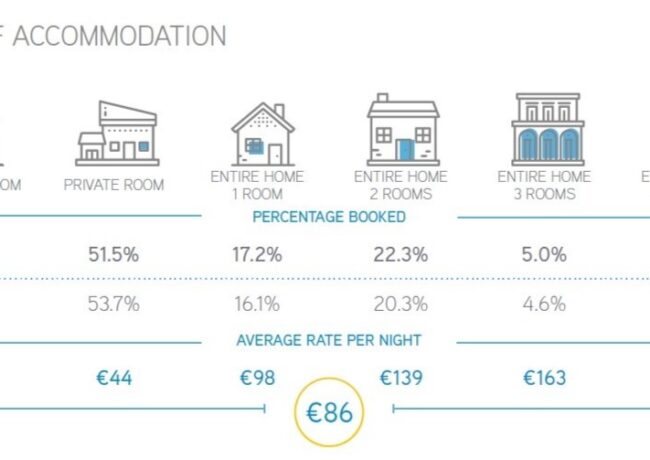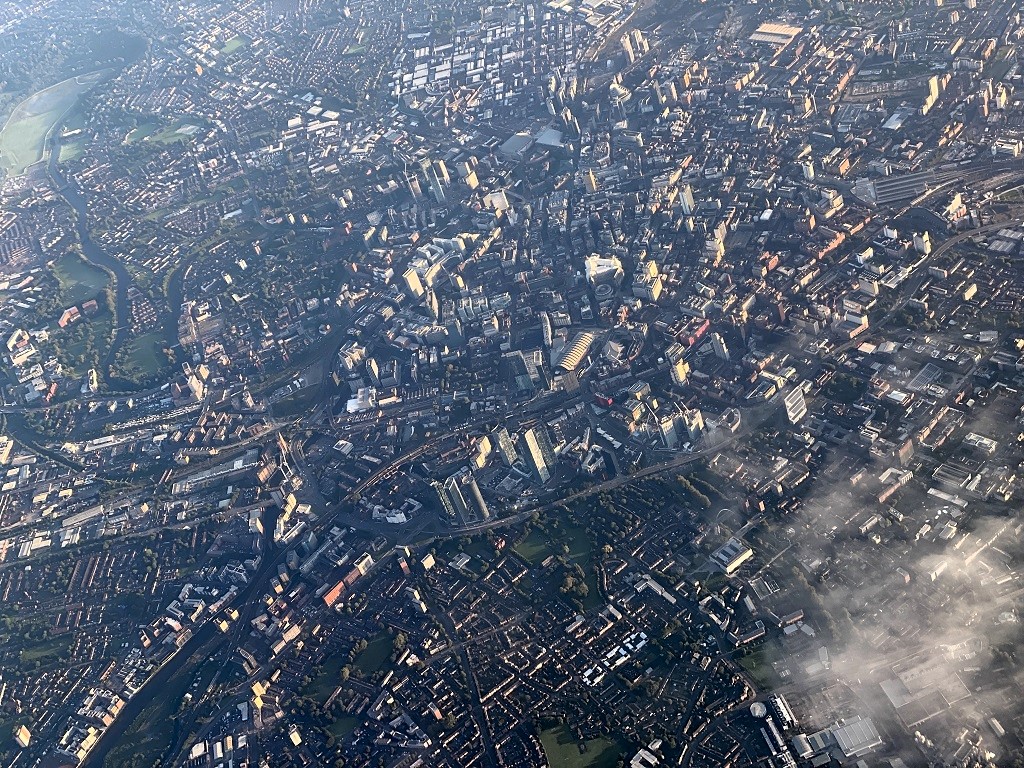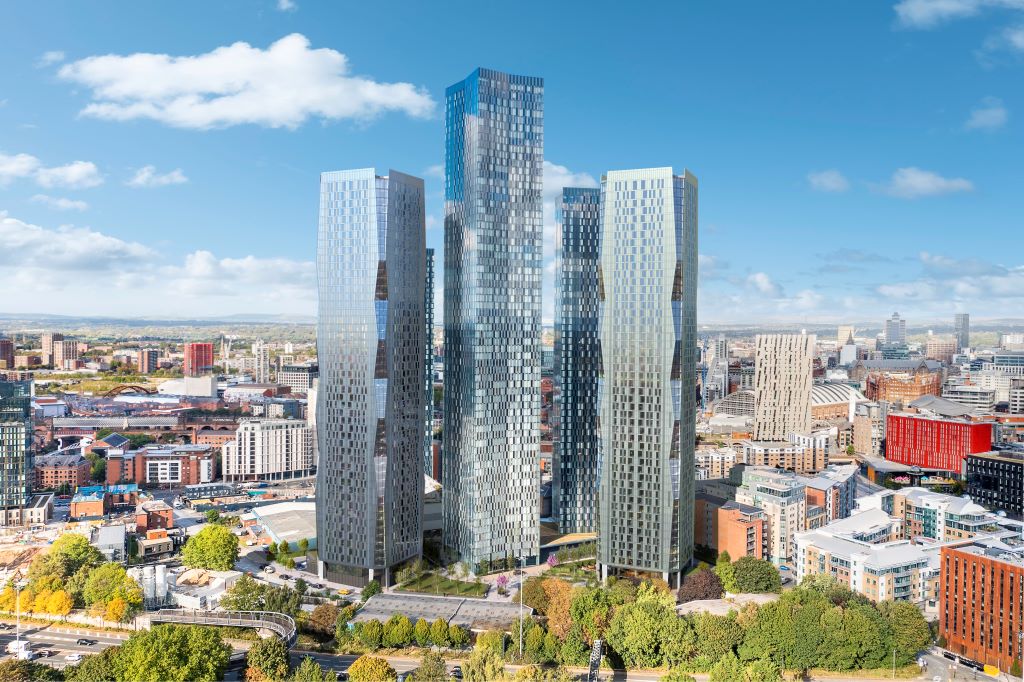Airbnb builds Manchester share, but hotels still dominant
The proportion of visitors to Manchester using Airbnb in 2017 climbed from 3.6% to 5.6% as the online platform accounted for more than 304,700 overnight stays, according to data from Colliers International.
Colliers found that bookings on Airbnb for properties in Manchester were up 57% year-on-year. For now though, the hotel operators remain ahead of the game, more so than in other UK cities.
Marc Finney, head of hotels & resorts consulting at Colliers International, said: “The figures for Manchester are interesting in that the take-up of Airbnb is considerably lower than other comparable cities, such as Edinburgh where the Airbnb share of the market is closer to 20%.
“This reflects a number of factors, chief of which is the more business and commercial nature of the accommodation market in Manchester and this is a sector that Airbnb has been less well able to penetrate than the leisure market. It also reflects the relative supply positions of the markets. Manchester has a wide and broad range of accommodation and has several thousand more rooms than Edinburgh.”
Although the busiest accommodation was in the city centre, most notably its southern sector, other busy areas in the city region included Salford Quays and Trafford – Trafford East recorded the highest ADR- average daily rate – of €86, due largely to the presence of the Old Trafford sports stadia, Colliers said.
The study has been carried out in conjunction with Hotelschool The Hague and comes at a time when various civic authorities and tourism bodies have called for Airbnb to be regulated.
This is a maturing market and product. Last year also saw a 46% increase in the supply of Airbnb accommodation units across Manchester, reaching a total of 4,321. Although the single largest proportion of these are “single property listers,” more than 39% of units are provided by multi-listers with three or more properties, adding weight to speculation that the local Airbnb market is beginning to evolve as a distinct commercial sector.
Private rooms remain the most popular type of accommodation amongst Airbnb users in Manchester, representing over 51% of all bookings at an average of €44 per night. This is followed by two-bedroom properties at 22%, which saw a small year-on-year increase.
The most notable shifts came at the two extremes of the sharing accommodation spectrum. The year saw a 33% year-on-year rise in shared room bookings, with an ADR of €31, highlighting the relative affordability of the Airbnb market compared to lower grade hotels, and possibly a lack of supply in hostel space.
At the more expensive end, there was an almost 39% increase in bookings of four-bedroom properties, where the ADR was substantially higher than the Manchester average, recorded at €261.
As to Airbnb’s incursion into the accommodation market’s revenue, Julian Troup, Head of UK hotels agency for Colliers International, said that the hospitality industry is concerned that the operator’s success story is partly due to an “unlevel playing field,” as the accommodation platform is currently not burdened by the regulatory regime for hotels and guest houses.
He said: “Given how scarce affordable accommodation is in Manchester during the summer, you can understand why some property owners are taking the opportunity to rent out their apartments. These statistics show that there is also a huge and growing demand for more cheaply-priced visitor accommodation in the city. Airbnb is clearly attempting to fill a gap in the supply of peak season affordable accommodation in Manchester.”





It would be interesting to see the figures for Liverpool, as a very busy Airbnber, with 3 rooms, which are more or less full every time we make them available, with all types of users, mainly corporate and professional, who want a Home from Home experience instead of being stuck in a hotel by themselves, especially women, who feel safer in the environment we provide. Airbnb is self-regulating, and everyone who uses has to provide details and references. It’s just the councils wanting to scrape the income of most Airbnber’s who need the extra money to survive or provide a more economical solution to expensive alternatives. I accept there may be problems in some cases, but not as many as people make out.
By Superhost